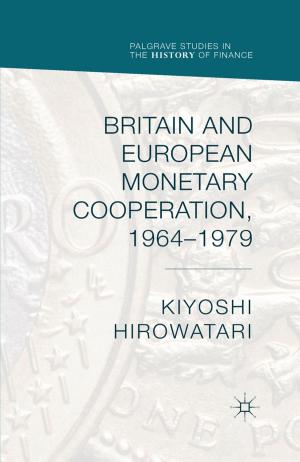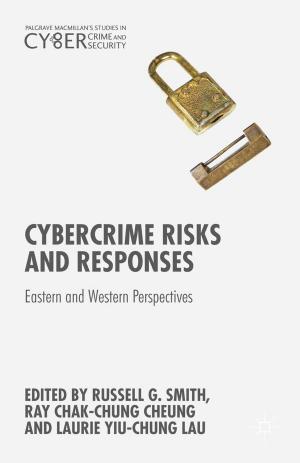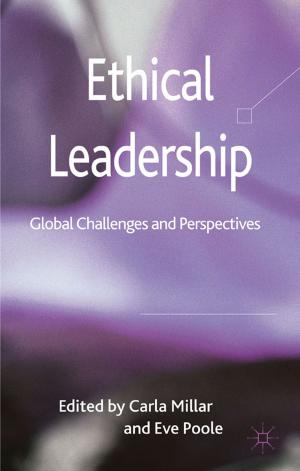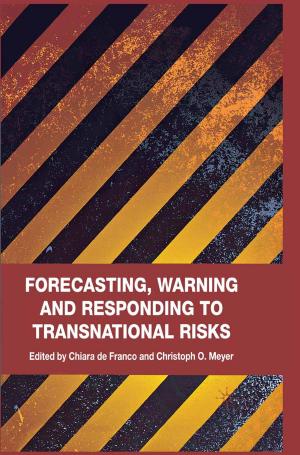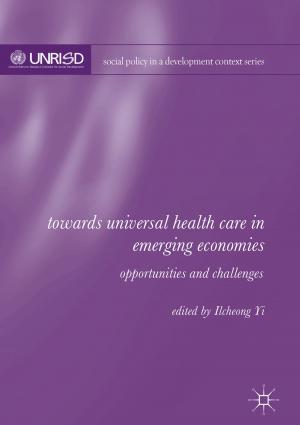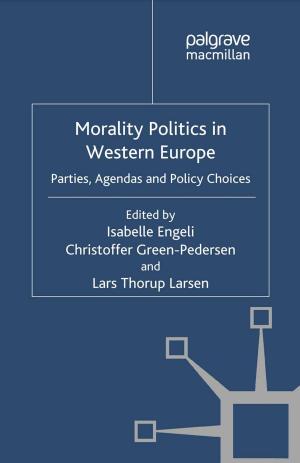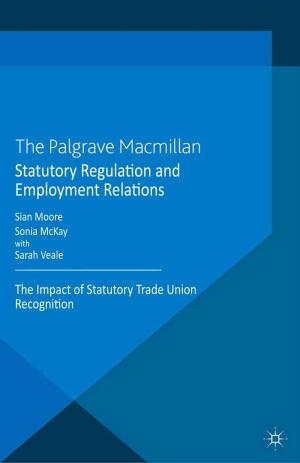Varieties of Capitalism in Asia
Beyond the Developmental State
Nonfiction, Social & Cultural Studies, Political Science, Politics, Economic Conditions, International| Author: | David Hundt, Jitendra Uttam | ISBN: | 9781349589746 |
| Publisher: | Palgrave Macmillan UK | Publication: | August 2, 2017 |
| Imprint: | Palgrave Macmillan | Language: | English |
| Author: | David Hundt, Jitendra Uttam |
| ISBN: | 9781349589746 |
| Publisher: | Palgrave Macmillan UK |
| Publication: | August 2, 2017 |
| Imprint: | Palgrave Macmillan |
| Language: | English |
This book devises an innovative new way of explaining how socioeconomic orders shape capitalism in Asia. Hundt and Uttam go beyond both the ‘varieties of capitalism’ approach, which is mainly used to analyse Western capitalism, and the 'developmental state' thesis, which is the primary framework for analysing capitalism in Asia, and propose a new and innovative approach to the emergence of capitalist systems. Rather than focusing solely or predominantly on the state, they argue, it is necessary to bring society back in to an analysis of capitalism. The authors apply this approach to case studies from across the region: Japan; South Korea and Taiwan; Hong Kong and Singapore; Malaysia and Thailand; and India and China. This volume will appeal to historians, political scientists and economists, as well as policymakers, who are interested in the transformation of the Asian region since World War II.
This book devises an innovative new way of explaining how socioeconomic orders shape capitalism in Asia. Hundt and Uttam go beyond both the ‘varieties of capitalism’ approach, which is mainly used to analyse Western capitalism, and the 'developmental state' thesis, which is the primary framework for analysing capitalism in Asia, and propose a new and innovative approach to the emergence of capitalist systems. Rather than focusing solely or predominantly on the state, they argue, it is necessary to bring society back in to an analysis of capitalism. The authors apply this approach to case studies from across the region: Japan; South Korea and Taiwan; Hong Kong and Singapore; Malaysia and Thailand; and India and China. This volume will appeal to historians, political scientists and economists, as well as policymakers, who are interested in the transformation of the Asian region since World War II.



